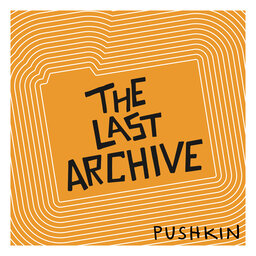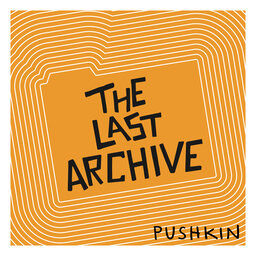The Returns: Project X
Each week on ‘The Returns,’ we pull a different episode from our archive to put our present politics into historical context.
The election of 1952 brought all kinds of new technology into the political sphere. The Eisenhower campaign experimented with the first television ads to feature an American presidential candidate. And on election night, CBS News premiered the first computer to predict an American election — the UNIVAC. Safe to say, that part didn’t go according to plan. But election night 1952 is ground zero for our current, political post-truth moment. If a computer and a targeted advertisement can both use heaps of data to predict every citizen’s every decision, can voters really know things for themselves after all?
This episode first ran in the summer of 2020.
 The Last Archive
The Last Archive


